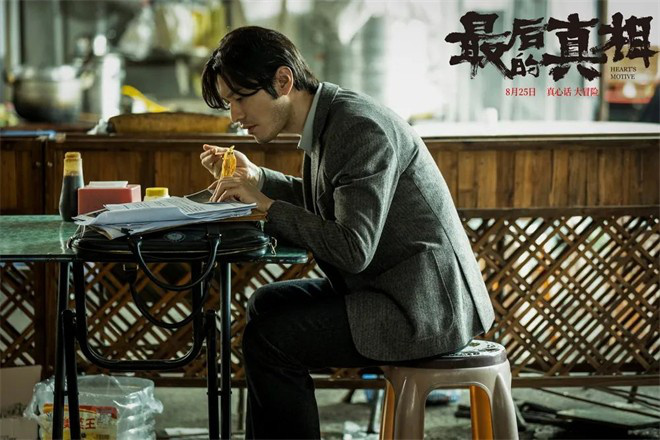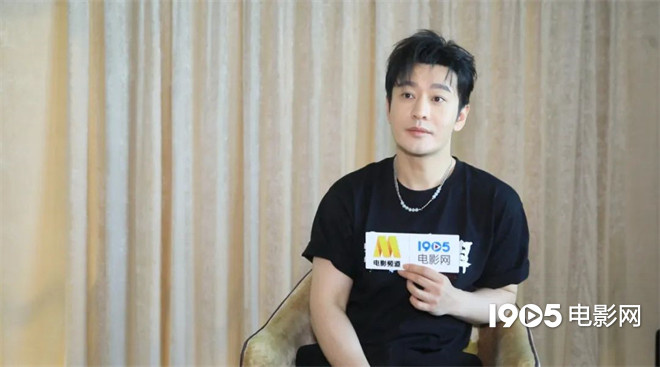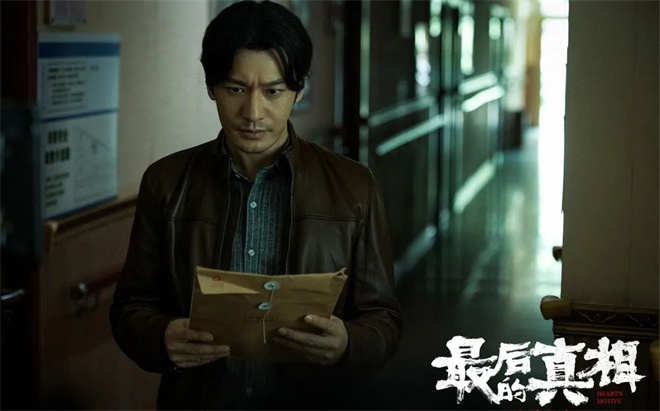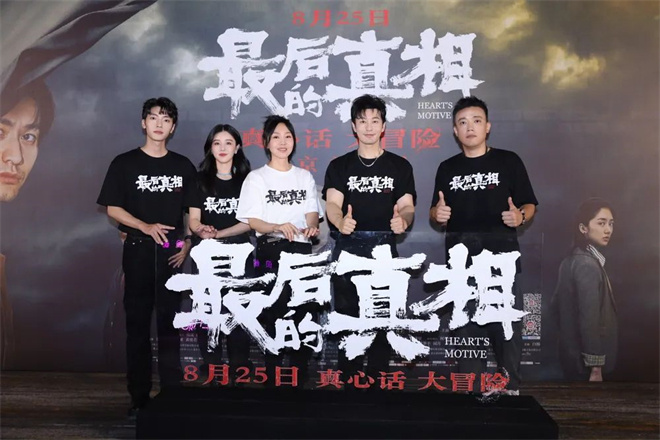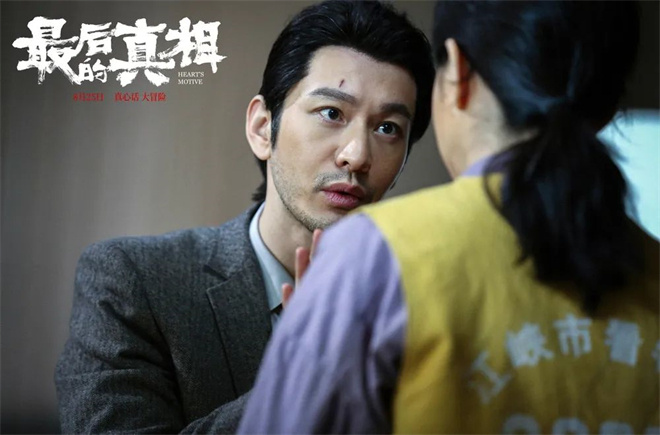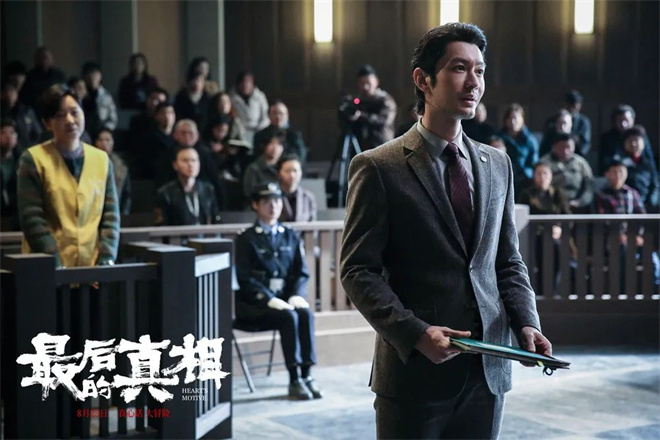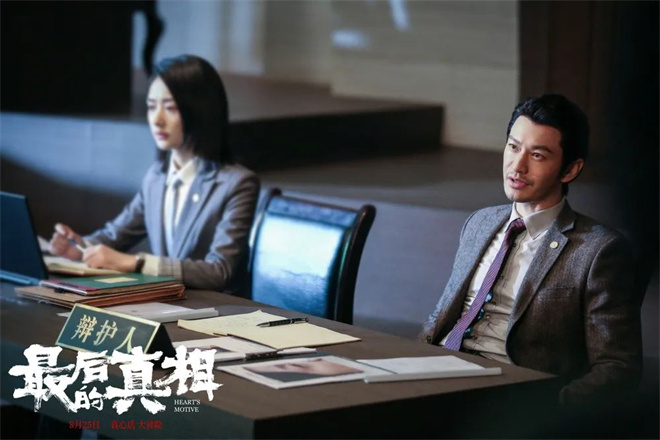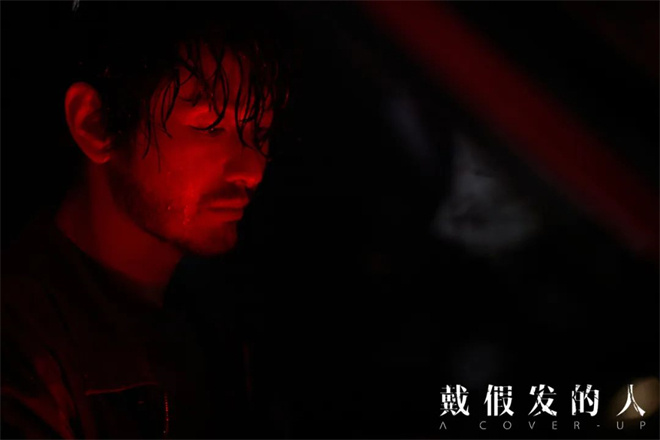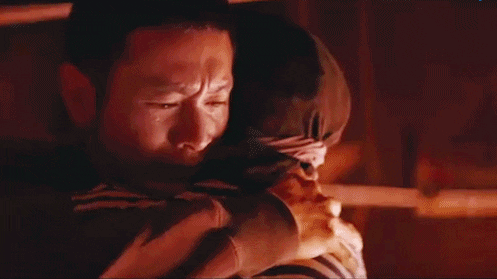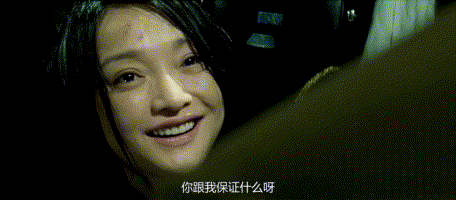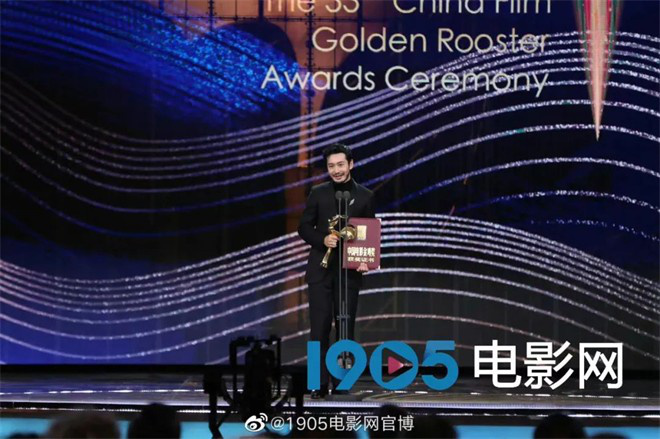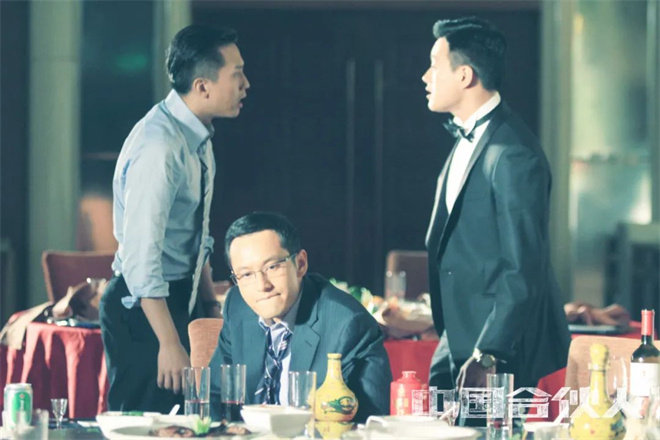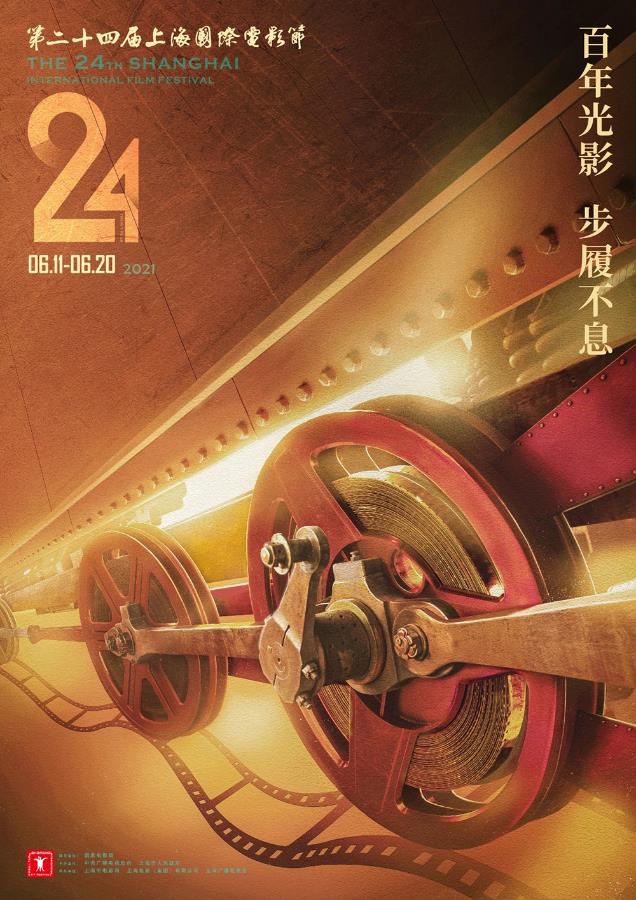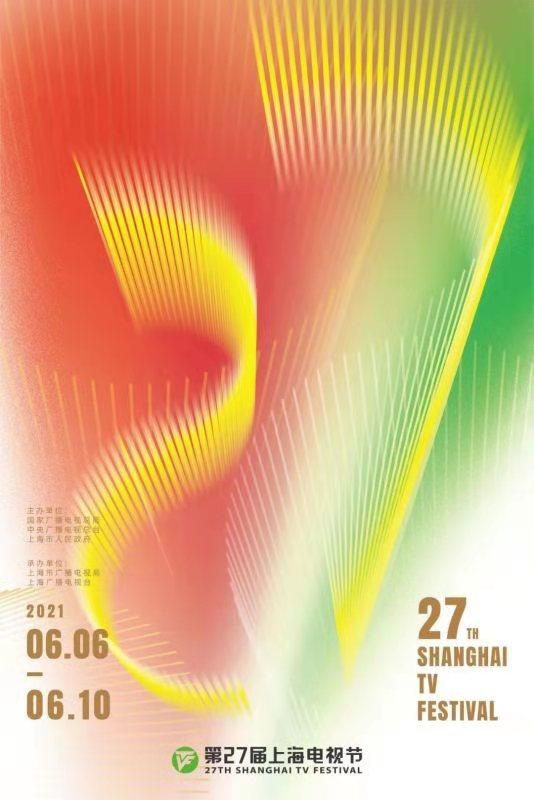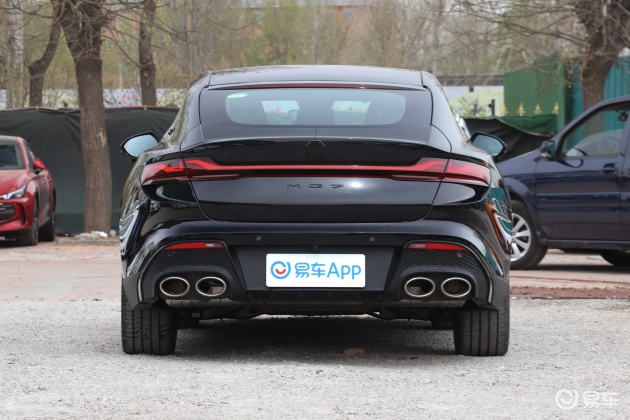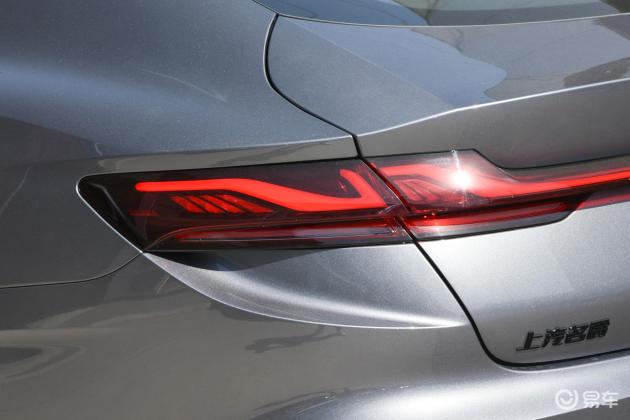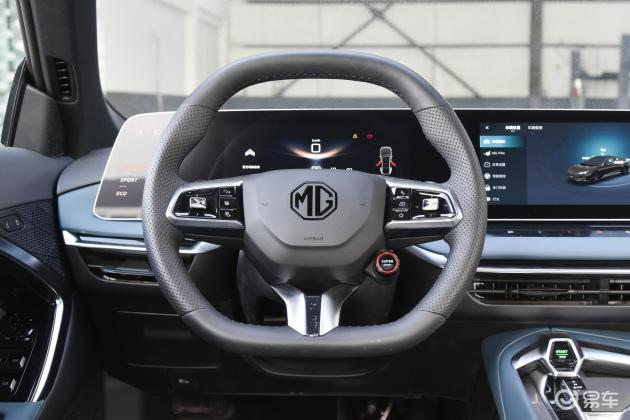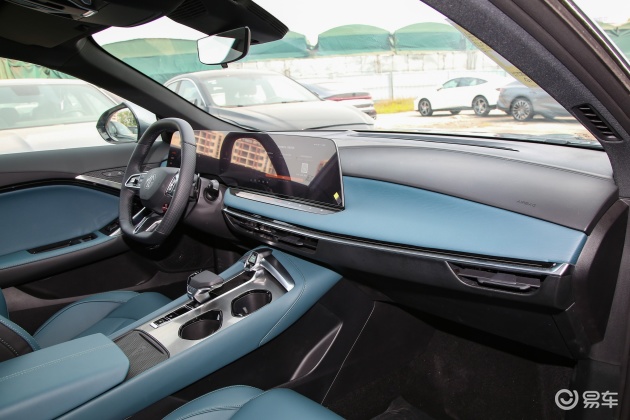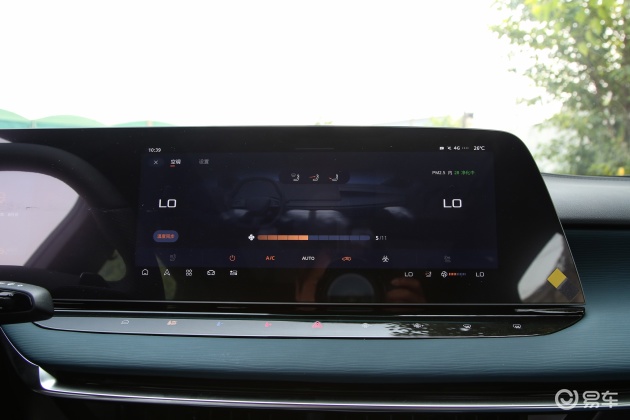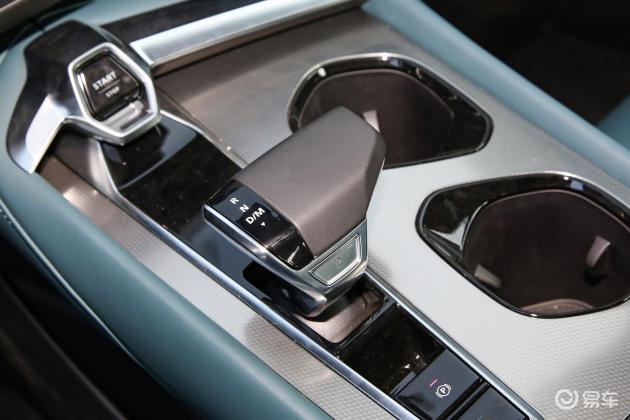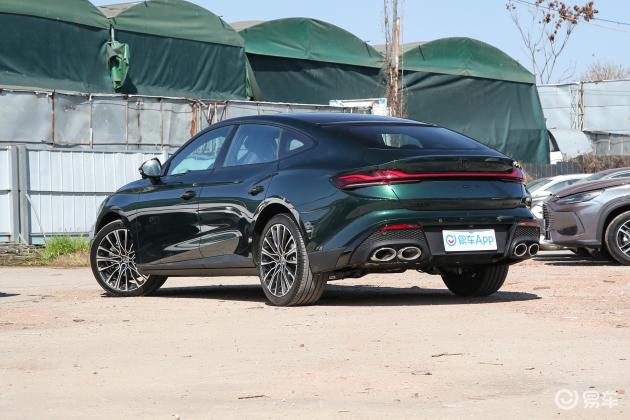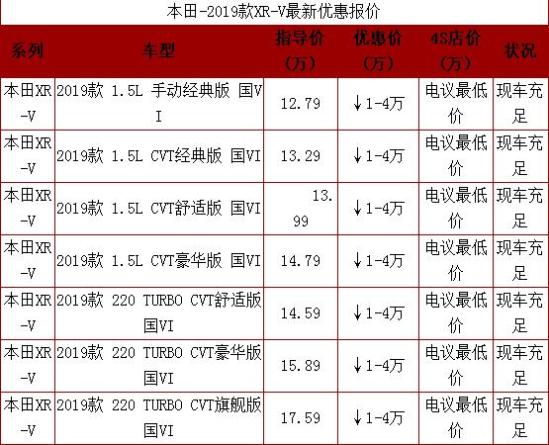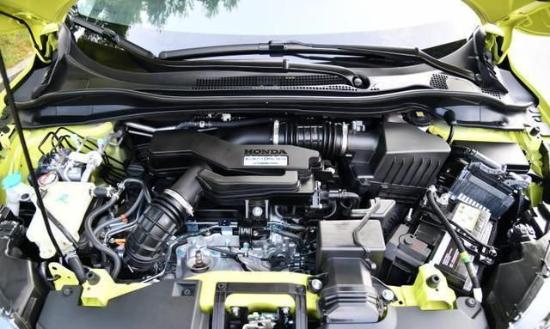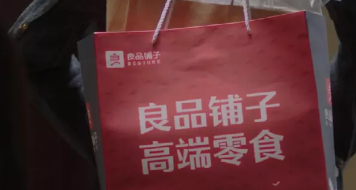Is poetry prosperous or is the poet dead?
How to describe China’s current poetry ecology?
Broadly speaking, we can probably see two diametrically opposite opinions: one thinks that China’s poetry writing is very active now, and it can even be described as prosperity or prosperity. The other thinks that the current poetry is rubbish and the poet is dead.
Positive views mainly come from poets or poetry writers, and the criteria for judgment are mainly textual. The latter is a large number of netizens, or generally called the public, and the standard of judgment is mainly the number of readers. This question is both complicated and interesting. By observing it, we may be able to observe a corner of China people’s spiritual world.
When no one read poetry, why did Yu Xiuhua become popular?
I have to admit that the public really has no enthusiasm for poetry now. Few mass media that pay attention to economic benefits and communication influence will be interested in publishing poems.

The recent news of several poems in Phoenix Poetry Magazine has gone unnoticed.
However, these poems published in the mass media generally have only two fates: nobody cares about them, or they are scolded-yes, not a criticism based on dialogue attitude, but just a cathartic abuse. The more recognized poets and works in the field of poetry, the worse they may be scolded, such as "Don’t talk about people" and "Is this poetry?" Such statements will come one after another.


Check a few poetry reports in The Paper at will, and almost every one has similar comments. This kind of comment is not aimed at the discussion of the poetry text itself, but an outlet of stereotypes, which can be placed under any poetry news.
However, in recent years, poetry has never been absent from several major literary events and even social events in China. Che Yangao, an official poet, won the "Lu Award" in 2010, resulting in a "lamb body"; in 2014, Liu Zhongyang was accused of having an affair before the evaluation of the Lu Award; and then, Xu Lizhi, a migrant poet who committed suicide, and Yu Xiuhua, a poet with cerebral palsy who quickly became popular. These poetic events became the focus of public opinion at that time again and again, but they didn’t change anything except "Poetry is dead" or "Poetry is alive again".
Yu Xiuhua and Xu Lizhi can arouse the public’s strong concern, not only because their own poems are of a certain standard and they write in a modern dimension, but also because of the strong irritating symbols attached to them: cerebral palsy, grassroots, suicide and so on. In other words, this is still the victory of non-poetic text factors.
In fact, when people judge the current poetry as "declining" and "dead", it is because they think that there is indeed a prosperous and prosperous era. This era, closer to China in 1980s, is a classical poetry world, especially the era of Tang poetry and Song poetry.


Xu Lizhi’s death brought the working poets to the public, and the discussion of the bottom culture continued to ferment. The popularity of Yu Xiuhua, a poet, was undoubtedly related to her many symbols, such as cerebral palsy and rural women, at first, while the divorce news was more entertaining and had nothing to do with poetry. China’s contemporary poetry will only attract public attention when it is in the topic, but how much of this concern is based on the poetry itself?
Poetry is a small circle of self-entertainment, but is this circle really small?
It is necessary to review the development of China’s poems quickly. China’s poetry originated in the pre-Qin period, with folk songs and elegant music from the elite, and the Book of Songs was compiled together. The Book of Songs was regarded as one of the limited textbooks officially authorized by the Han Dynasty. Poetry in the Tang Dynasty developed greatly, and there were international poets such as Li Bai, Du Fu and Bai Juyi who had an influence on modern poetry in Europe and America. From the next Millennium to the Republic of China after the collapse of the monarchy, the context of classical poetry was interrupted by the changes of the times and the deliberate actions of Hu Shi and others.
Hu Shi and others were one of the most important elite groups in China at that time. They believe that in the face of the existential threat from the world powers such as Europe, the United States and Japan, if China wants to become a powerful country, it must completely abandon its own traditions and culture and completely embrace the western cultural political system. Therefore, in 1916, they launched the "New Culture Movement", one of which was to give up classical poetry and write new poetry in the newly created vernacular, that is, modern poetry.
The development of China’s new poetry is just one hundred years now. Over the past hundred years, the country has been in turmoil and politics has been complicated. Under the kneading of the times and power, poetry has been tortuous, and it is always difficult to show a clear face.
Until the 1980s, the generation of "misty poetry" such as Beidao, Gucheng, Munk, Duoduo and Yang Lian appeared, creating a poetic era that is still remembered and missed. For more than 30 years from then to now, it is generally believed in the field of poetry that the writing of new poetry has expanded both in breadth and depth, and China’s writing of new poetry has reached an unprecedented height, which can be described as prosperity.
Here, it can be clearly seen that the poets’ evaluation of the current situation of poetry is mainly based on the poetry text, while the masses or ordinary readers mainly focus on poetry, the relationship and distance between poets and the masses, but they all take the 1980s as the comparison object. To put it simply, poets think that poetry is better written now than it was in the 1980s, and the public thinks that poetry is far less popular now. People who read poetry write poetry, and poetry has become a small circle of self-entertainment.
Not to mention the reason why no one reads poetry, is this circle really small? In fact, if you ask any China poet on the scene, he will tell you that there are too many people writing poems now.

Poet column of poetic life
At present, perhaps the most professional pure poetry website in China-Poetry Life website, there are more than 600 poets who set up columns. 600 people don’t seem to be many, but you need to know that you can open a column there, but you have to go through a lot of thresholds: publishing poems, winning prizes, evaluating in the circle, etc., which are mostly grasped by website editors (all famous poets).
For example, there are no more than 10 post-80s and post-90s poets who set up columns on this website, but how many post-80s poets are there? Take Fudan Guanghua Poetry Award, one of the most important college students’ poetry awards in China, as an example. Every year, the number of participants exceeds 700, and the total number of participants in the sixth session reaches 4,200. Even if the repetition rate is half, there are more than 2,000 people. And this is just an award for an age group.
Therefore, each of these more than 600 poets may be followed by a dozen or hundreds of poets of the same type and style. Moreover, around 2013, the Poetry Life column closed the application of column poets.
As for the number of people who write poems, a friend of post-80s poets gave me an estimation method: young people are the main force in writing poems. According to the education data of the National Bureau of Statistics in 2014, there were 28.04 million college students in China in 2015, and there were 280,000 students who wrote poems for every 100 people. Plus junior high school, senior high school, and people in the society (the number of registered people in poetry editions of various local literature forums is more than 10,000), the estimate of 1 million people writing poems is quite conservative.
In addition, I have done incomplete statistics. There are no fewer than 52 well-known poetry awards in China every year (not including the comprehensive literature award). At present, at least 13 colleges and universities have set up new poetry or poetry research institutions.
In fact, it is difficult to count the number of serious poets and people who write poems accurately. Fortunately, we are not trying to give an accurate number, but we just want to get a rough impression: there are many poets or people who write poems.
Are the Tang Dynasty and the 1980s really the heyday of poetry?
Perhaps this is what most people think of as "entertaining themselves in the circle". No matter how big I describe this circle, I can’t dispel their views on the current situation of China’s poetry. After all, where are the two peaks of poetry in the prosperous Tang Dynasty and poetry in the 1980s?
But the question is, is the so-called prosperity and prosperity of poetry really caused by the power of poetry itself? In my opinion, they are all deified to varying degrees.
As we know, in imperial China, especially in the Tang and Song Dynasties, writing poems can be an official. Poetry is the main subject in the official selection examination. It is conceivable that if the college entrance examination or civil service examination is announced today to take poetry creation or criticism as the examination content, then various training institutions and cram schools will offer corresponding poetry courses tomorrow.
On the other hand, in the prosperous time of poetry and song in the Tang Dynasty, is the distance between poetry and ordinary people really closer than it is now? Are there really more audiences for poets and poems than they are now? Not really.
In the Tang Dynasty, poets were of course elites, so the number of poets was not as much as we thought. Based on The Complete Poems of the Tang Dynasty, which contains almost all the poets and poems of the Tang Dynasty, there are more than 2,200 poets and more than 48,900 poems, which is the result accumulated for 290 years.
It is not so easy and easy to become a poetry reader. Classical poetry, a complex literary form, needs a lot of knowledge as the basis for understanding its basic meaning, a lot of reading to cultivate the ability to appreciate and judge its artistry, and more time and money support. Therefore, it is conceivable that in the era of classical poetry, poetry can only belong to a small number of intellectual groups, and the general public who work hard every day are unable and unwilling to appreciate them.
As for the poetic splendor in the 1980s, Kitajima also admitted that it was also abnormal due to special factors of the times and non-literary forces. With the reform and opening up in 1978, China people who had been depressed for a long time needed a carrier to release, and literature and art rushed ahead, and poetry acted as the Depth Charge among them-poetry is one of the most easily combined art forms with pioneers. And the material cost required for the birth of a poem is also the lowest. Compared with painting and playing the piano, a piece of paper and a pen can write a poem.
Because of this, for the current situation of poetry, a more common view is that poetry has only returned to its normal state and its original state. The concept of poetry advocated by the New Culture Movement-poetry should be understood by more people-is only the function and need as a propaganda tool. It is obviously out of date to use this non-literary element (the number of audiences) to measure the current poetry writing.
Why can’t foreign people read poetry, but they don’t like China people to scold poets?
Some international poets I have contacted, including those in Britain, America, Romania, Ireland, Spain and other countries, have all talked about: since the 20th century, poetry has been separated from the public to varying degrees in these countries. Their ordinary people can’t understand the current poetry writing, and poetry collections are not easy to sell.
But no country’s poets have ever faced the same dilemma as China’s poets. On the one hand, in the eyes of China people, poetry and poets are idealized as sacred and detached beings. In the minds of China people, there is an abstract impression of "poetry" and "poet": poetry is beautiful and poets are saints. The sources of this abstract impression are very complicated, including: the classical world, romanticism such as Xu Zhimo in the 1920s and 1930s, obscure poets such as Beidao, Gu Cheng and Shu Ting in the 1980s, and the creation of popular poets such as Wang Guozhen and Xi Murong.
Contemporary poetry and poets can’t fit this impression, so they are often criticized. However, in Europe and America, even if people can’t read the poet’s creation, they won’t deny the current poetry with the blatant reason of "unable to read". However, in China, the variable of "unable to read" varies from person to person, but it has almost become the standard for the public to measure the quality of a poem. What is even more puzzling is that these people who throw out fierce criticism are often the ones who don’t read poetry at all on weekdays.
Of course, poems that are "unreadable" may indeed be untrustworthy, but naturally there may be other reasons, such as readers’ lack of artistic aesthetic ability suitable for current writing, or just insufficient contact or reading. However, readers in China tend to ignore all these possibilities, and then blame the problem on creation, and refuse all explanations from the perspective of authority and experts.
Why don’t western people who don’t read or understand poetry criticize, misunderstand and abuse their contemporary poets like China?
In fact, the experience of poetry in China today is not a special case. The whole intellectual group has had similar experiences to some extent. For example, Dai Jinhua fired at people who "can’t understand" art films before. This experience reflects the overall mentality of China people. Before the 1980s, we were asked to learn from the less educated groups. After the reform and opening up, China people’s self-awareness has been opened, and the degree of knowledge sharing has deepened. At the same time, personal will has been relaxed, and some authorities in the relative security field can gradually be opposed and overthrown.
It’s good to question authority. The spirit of doubt is the starting point of western science and the driving force for the development of western civilization. However, doubts without reasons and grounds can only give birth to a dangerous emotion-anti-intelligence.
